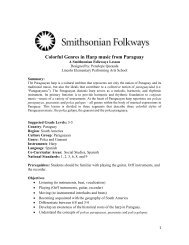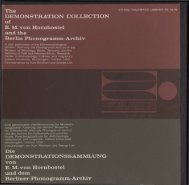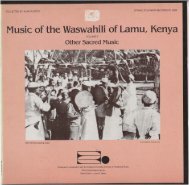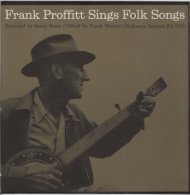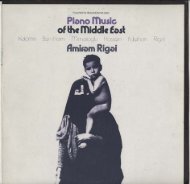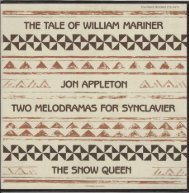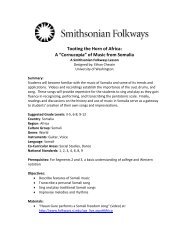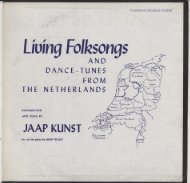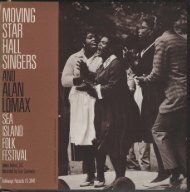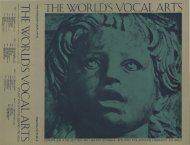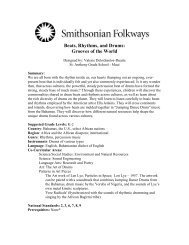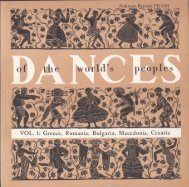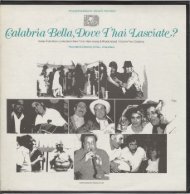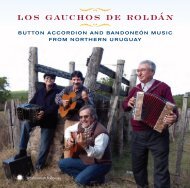You also want an ePaper? Increase the reach of your titles
YUMPU automatically turns print PDFs into web optimized ePapers that Google loves.
fought in the Battle of the Little Bighorn (River) in 1876, along with otherfamous Lakota leaders, such as Crazy Horse and Sitting Bull. In this famousbattle the Lakota and Cheyenne decisively overwhelmed the United States Armyforces under the co=and of Lieut. Col. George Custer. The entire cavalry forceof 210 soldiers, including Custer, was killed compared to only 32 Indian warriors.As still is customary with Indian people, a number of Victory Songs were composedby the Lakota to celebrate Custer's defeat. These songs were then used indances celebrating the victory and have been passed on in oral tradition asimportant pieces of Lakota history.· The words to these songs are typicallytaunting in nature, deriding the callousness of Custer in underestimating theIndians' strength despite warnings.The words of the five wa.kleg1i olowan (literally, "They-came-home-victoriousafter-killing-enemies"songs) as performed by Edgar Red Cloud in Lakota andtheir English translations as given by Calvin Jumping Bull are as follows:a) Ehantan eoamu kta. 080. Pehin hanska ("Long Hair" = Custer) owa.kiyake kuntoke oyake sm ye 1aka pehin hanska. (I have already intended to do it. I have told"Long Hair" about my intentions. I suppose he didn 't tell anyone about it. "Long hair. ")b) Pehin hanska, natan yau canne he wiootaya yausm. Nihunke 1asm ye10.("Long Hair," when you decided to attack, you should have brought more soldiers, becausewith what you have you are not very strong [Army] weak.)c) Misa waziyata natan wai ca ekta. wioi oeyhe 10 hena ecamu we10.(I also went up north to fight, so I made them weep. That is what I have done.)d) Paba najin yo, paba najin yo. Katinyeya hibu we10. He silelya he nuke.(Stand and strike, stand and strike. They come onward attacking. You are no good, andthere you will lie.)0) Pehin hanska., oya.kilha.npi kun 1eai. Yunke 1eai yunke sotomniyan yunke 10.("Long hair," you are looking for him over here. He lies over here. He lies amidst the haze ofsmoke.)(For additional songs about this battle, see ScaJp Songs from the Little Big Horn, performed byWilmer Mestetb, available tbrough Oyate Records, 3907 M!nnekahta, Rapid City, SO 57702.)4 ) Carnegie War Mothers' Chapter (Kiowa) Veterans Songs 5:08During World War II, a radio program entitled "Indians for Indians Hour" wasbroadcast over the University of Oklahoma radio station, WNAD, in Norman.Popular among the large number of Indian people living in the state, as many as75,000 Indians listened to it weekly. It was conoeived by Don Whistler, an electedchief of the Sac and Fox tribe, who was its master of ceremonies until hisdeath in 1951. Each week a different group of Southern Plains singers _Kiowa, Osage, Comanche, Wichita, etc. - was invited to perform traditionalsongs between announcements from Whistler about upcoming events of interestto the Indian audience, such as dates of local powwows or war victory celebrationsfor returning servicemen held in city parks or on farms belonging toIndians. The present selection includes the introductory co=ents of"Keshkekosh," the MC, and singing of Veterans Songs by the Kiowa War MothersChapter Singers. The song is introduced by David Apekaum, who stresses thatIndian people are the only ones to honor their warriors in song.5) World War I & n 4 :14Another song by the Black Lodge Singers enumerates the sequence of foreignwars in which American Indian warriors have participated during the 20thcentury: World War I, World War II, Korea, Vietnam, and Desert Storm.



